
October 23, 2025
Discover how Mix Master strengthens your brain just like an instrument - training focus, creativity, and emotional intelligence through the science of sound.
Read more.png)
September 8, 2025
Tools like Suno are now powerful enough to generate melodies, lyrics, and even full songs in seconds. That’s exciting—and controversial. Just ask Timbaland. Recently, he came under fire..
Read more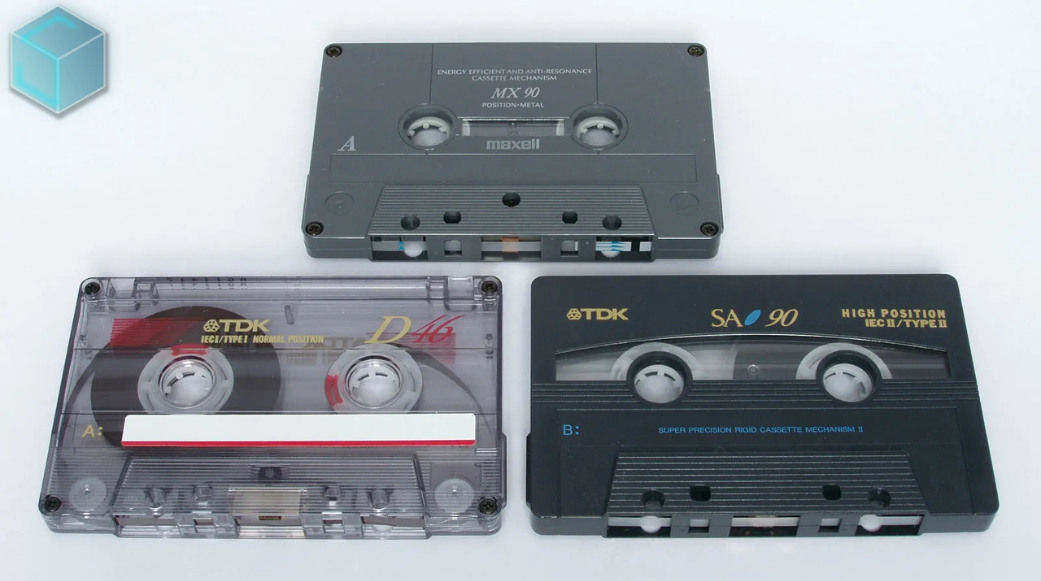
August 23, 2025
The 1980s and 1990s analog music medium known as cassette cassettes is experiencing an unanticipated comeback, with Gen Z spearheading the trend. Taylor Swift, who included cassettes in the release...
Read more
August 23, 2025
This week's most notable headline: Doja Cat's erotically charged, '80s-inspired music video, "Jealous Type," is dominating social media feeds and cultural discourse, marking her most daring...
Read more
August 23, 2025
J-hope and GloRilla's "Killin' It Girl," a spectacular blend of K-pop flare and shameless hip-hop heat that has taken the world by storm, is this week's winner of the Best Collaboration of Summer...
Read more
August 23, 2025
Carly Rae Jepsen is giving fans the ultimate gift for the 10th anniversary of her critically adored album Emotion: a special edition featuring four never-before-heard tracks and two fresh remixes...
Read more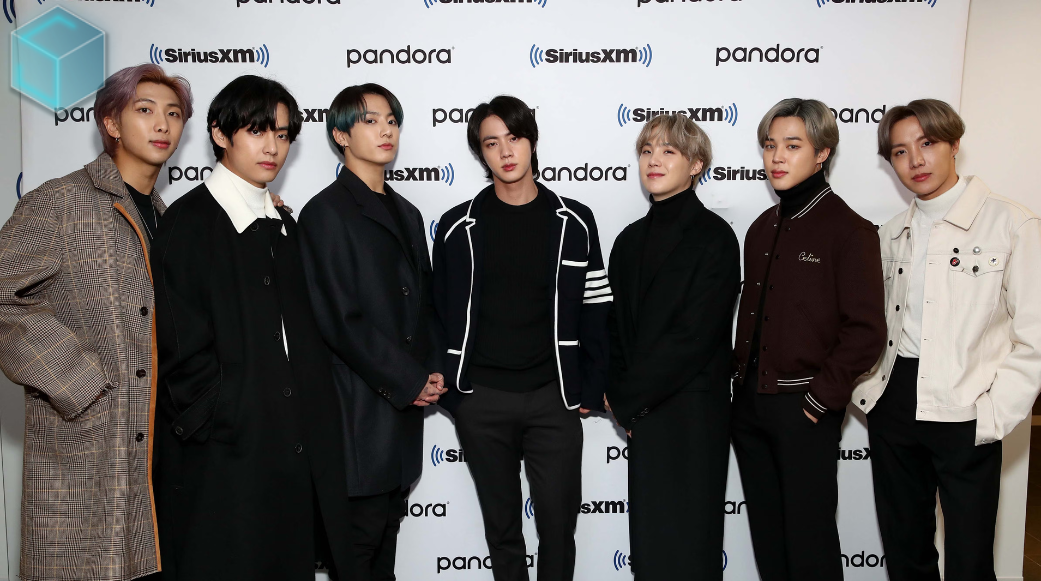
August 23, 2025
The wait is over, ARMY! BTS is officially back together and balancing work and play in their first moments of reunion after completing mandatory military service. J-Hope sent fans into a frenzy...
Read more
August 23, 2025
Christian music stepped outside of its quiet comfort zone in 2025. "Hard Fought Hallelujah," a worship song by Brandon Lake, went platinum, sold out festival stages, and exploded from churches to...
Read more
August 23, 2025
In late July 2025, Christian artist Forrest Frank (of Surfaces, now a solo juggernaut in faith-pop) posted from a hospital bed: he’d fractured his L3 and L4 vertebrae in a skateboarding accident...
Read more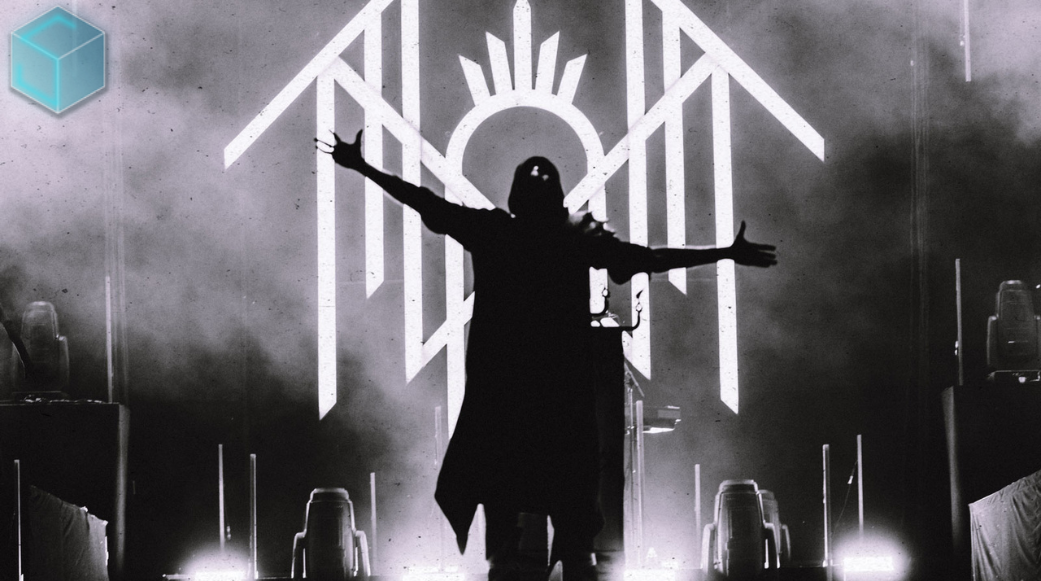
August 21, 2025
On September 16, the masked metal phenomenon Sleep Token will embark on their 2025 "Even In Arcadia Tour" across North America. The 18-show tour, which includes a huge date at Brooklyn's Barclays...
Read more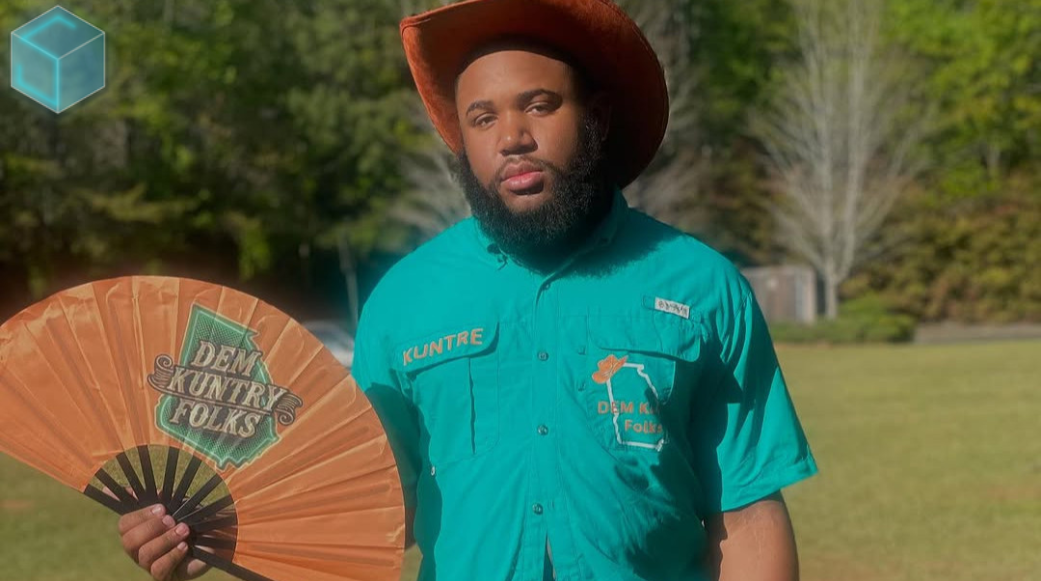
August 21, 2025
Due to a line dance that went viral and won over fans' hearts both inside and outside of the United States, 22-year-old Tre Little's song "Boots on the Ground" has become a cultural sensation this...
Read more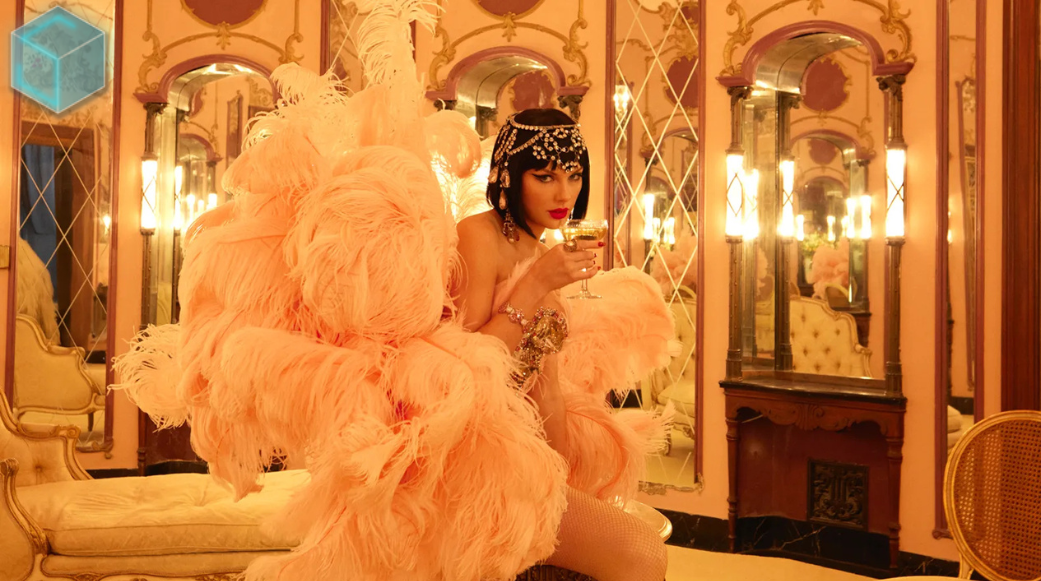
August 21, 2025
In addition to preparing for her next album, The Life of a Showgirl, Taylor Swift is reviving the physical medium this week by putting her songs on cassette tapes. This sentimental action...
Read more
Photo Source: China Daily
Virtual reality and the metaverse have become popular topics in the music industry where more and more technology and music have been combined, creating something that could revolutionize the entire industry - albeit with many controversies though.
In this blog, we will discuss what exactly are “virtual idols” and what makes them so revolutionary and controversial.
What are Virtual Idols?
In industry terms, virtual idols (also called virtual bands, virtual singers, virtual groups) are individuals (or music groups) who are not live, real human musicians but animated characters or virtual avatars.
Typically, the music from virtual idols are created, recorded, and performed by real musicians and producers behind-the-scenes. Graphic designers, animators, motion capture artists and creative directors all come together to bridge the gap between the world of music and visuals. In the case of live performances or concerts, it can be a challenge to coordinate the projection and timing of the visual technology in front, and the audio component in the back.
This may seem relatively new, but in fact, it’s not! The term virtual idol originated from Japan as early as the 1980s with inspiration stemming from anime and Japanese pop culture. There are also virtual bands in Western culture, albeit less popular. Some examples are the English virtual band, Gorillaz, Japan’s Vocaloid singer, Hatsune Miku, China’s virtual idol, Luo Tianyi, and the newly debuted Kpop girl group, MAVE.
With the rise of companies experimenting with artificial intelligence and advanced technology, virtual bands and celebrities may become the next wave of entertainment.
The Debate: Pros and Cons
The reactions of fans range from interest to annoyance to confusion, and there is a lot of fascination and criticism when it comes to the debate.
Let’s start with the pros, the reason why virtual idols are here in the first place:
1. Anonymity. Real in-person singers are able to perform while hiding their true identity from the public. Privacy is often limited as a popular singer, where cameras follow their every move, and everything they say. This is one way to regain some privacy and live normally.
2. Uniqueness. Out of the hundreds or even thousands of live singers that debut every year, currently, virtual idols stand out. Although this does not guarantee success, virtual idols grab the attention of the public and allow the artists behind them to showcase their talent in a special way.
3. Reduction in barriers. From a company’s perspective, with these virtual avatars, they do not need to worry about scandals, illnesses, or aging. These idols can also last for an indefinite amount of time, and there are infinite ways to change their appearance, the way they interact with fans, and their performance.
4. Creative collaborations. Virtual idols introduce more opportunities to other industries such as gaming, films, and fashion.
Now, the criticism and the doubts:
1. Quality of music. Although many of these virtual idols are backed by real singers, some are not. Those idols that use technology and AI to create automated voices, can be hugely disliked by fans, as a machine-created voice differs greatly from a genuine voice.
2. Unrealistic Perfection. These forever perfect AI created models possibly further push unrealistic beauty standards amongst audiences. Their lack of human imperfections can actually make it difficult for fans to connect with virtual idols emotionally.
3. Lack of Fan Enthusiasm. Despite the concept of virtual celebrities being around for many years, it is still a controversial idea that has not reached the mainstream. Many fans who are familiar with real, live breathing singers may need some time to familiarize themselves with the virtual stage, before choosing whether or not to support the virtual band.
So…Which Path is Better?
With both sides in consideration, it is up to you as to which path may work best for you. The virtual idol pathway is starting to become a concept worthy of attention and experimentation, with East Asian cultures taking the lead in production.
If you wish to show off your talent in a unique way while being anonymous, perhaps consider the prospects of a virtual idol. If you prefer to sing live on stage and interact with fans face-to-face, the traditional path may be right for you. Perhaps you want a mix of both worlds, where you can perform live in-person, and have an animated character for online interactions or opportunities.
No matter which path you choose, each has its own challenges and rewards. Ensure you have a plan with a strong understanding of your goals.
Whether you choose to be a virtual idol or a physical singer, you are a part of the next generation of music professionals.
Reference List
Rolling Stone India - The Future Of K Pop Virtual Idols
China Daily - Virtual idols bring new life to entertainment industry